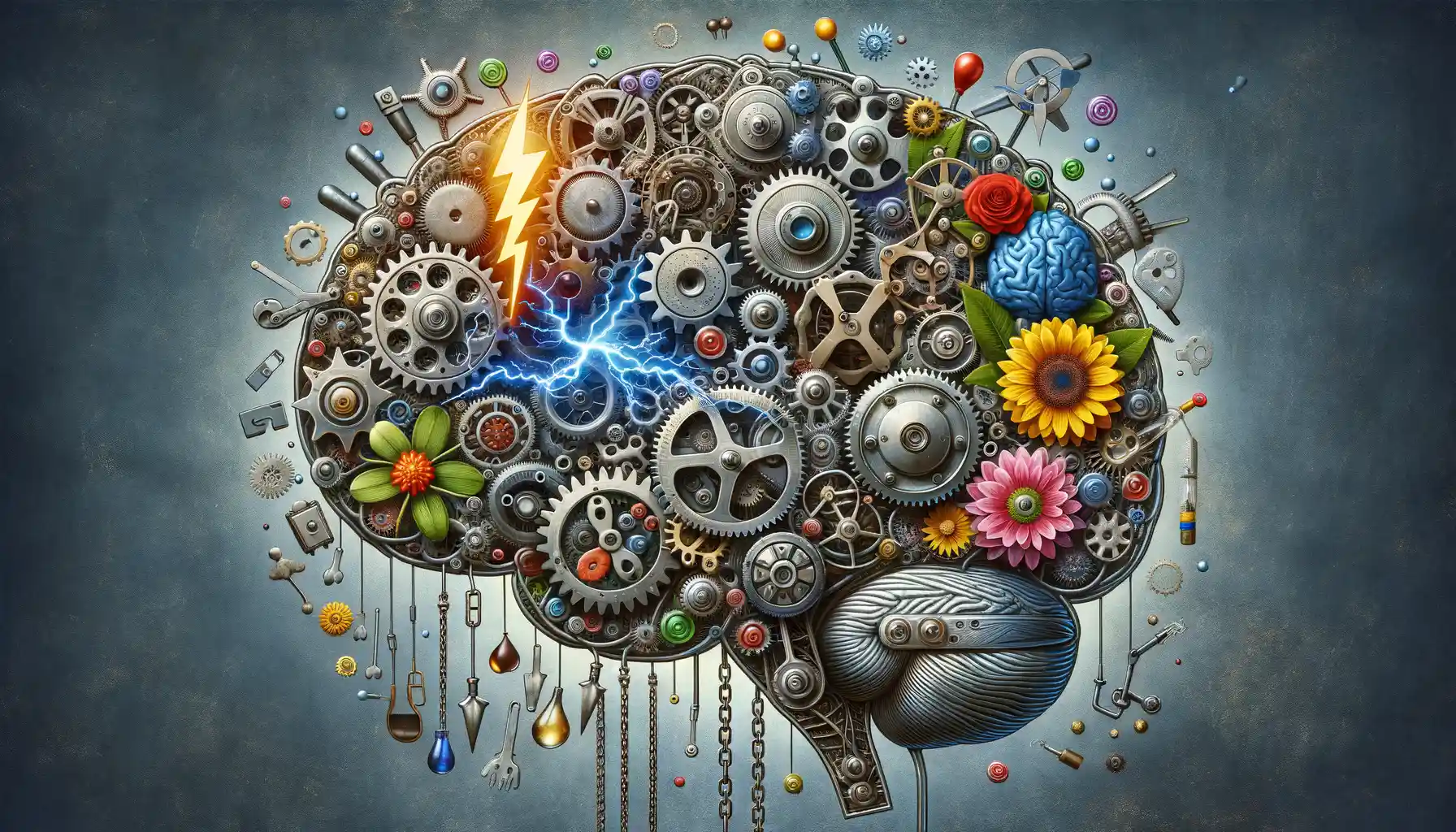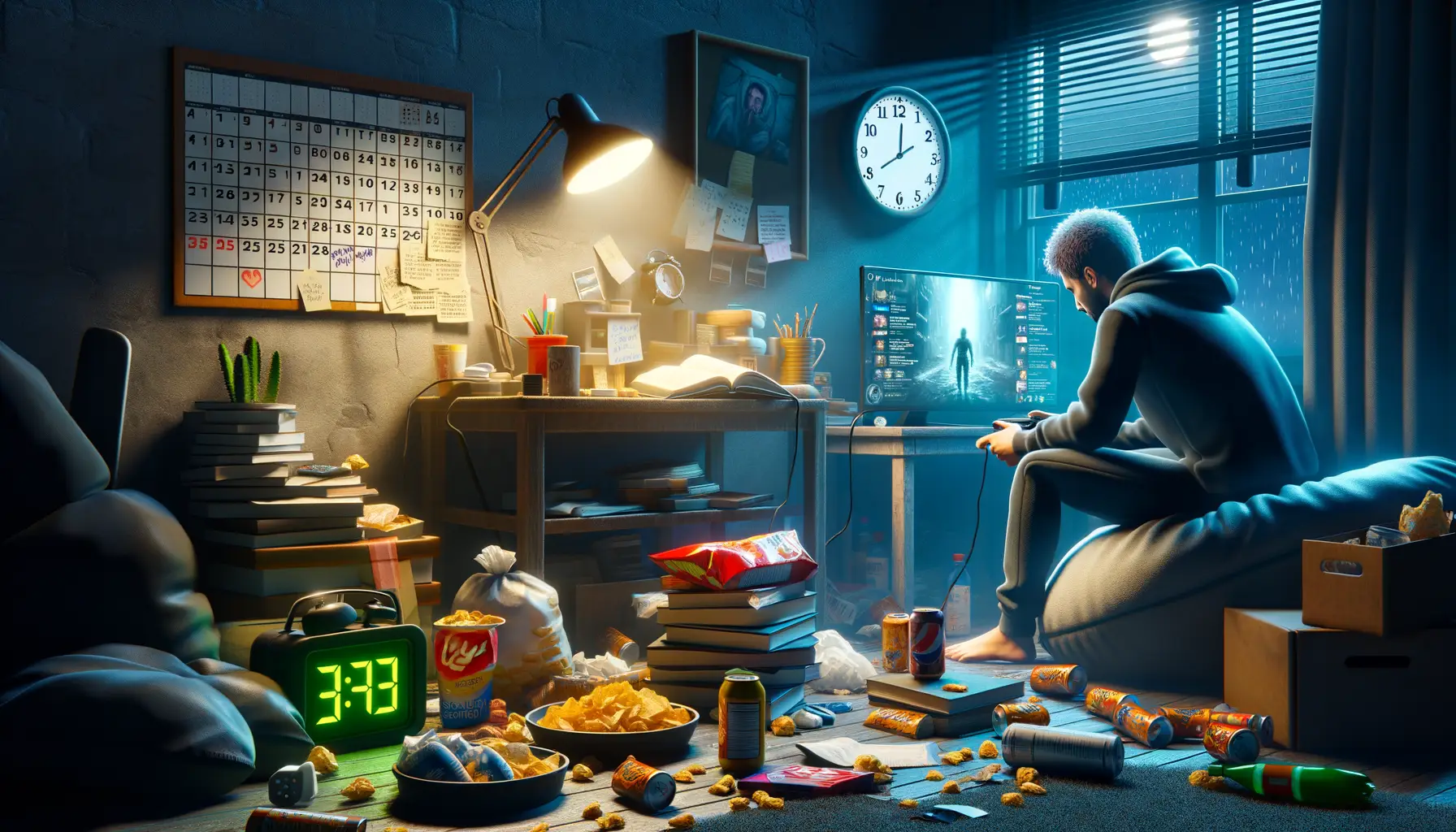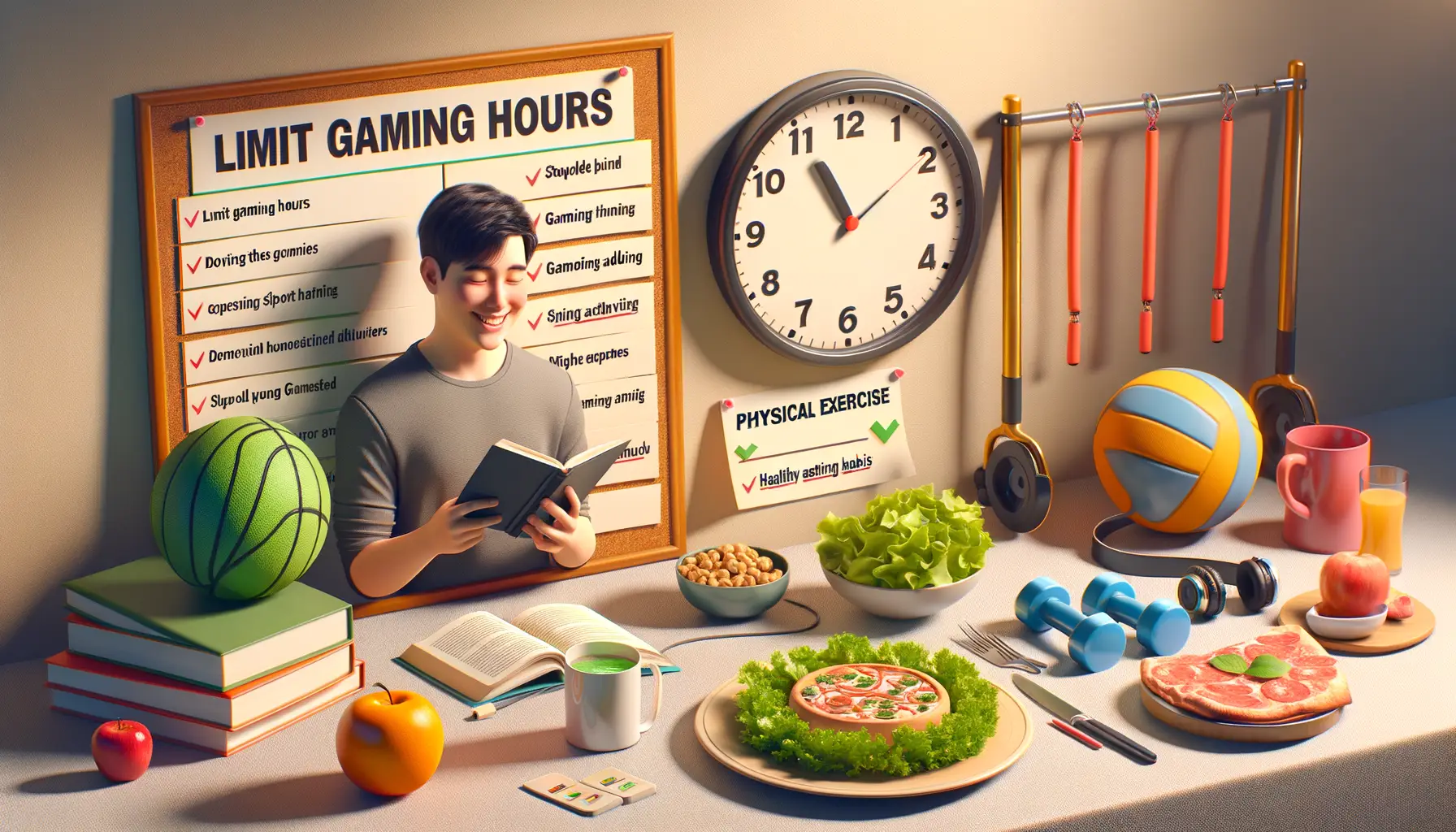Understanding Online Gaming Addiction
What Makes Online Gaming So Alluring?
Picture this: you’ve had a rough day, the world feels heavy, and then you log in. Suddenly, you’re in another realm—one where you’re slaying dragons, building kingdoms, or leading your squad to victory. It’s thrilling, isn’t it? But here’s the tricky part: that rush of accomplishment can become a double-edged sword.
Games are designed to hook you. They reward you with sparkly achievements, new skins, or hard-fought wins right when you need it most. Your brain cheers and gives you a dose of dopamine—the feel-good chemical. And the cycle begins. Over time, it’s not just entertainment anymore; it’s necessary, like air or water.
Just think about how accessible it is too. Gaming doesn’t require leaving your house, dressing up, or even set schedules. All you need is a screen and connection, and boom—you’re there. This sense of escapism and convenience clicks powerfully, especially on tough days when reality feels less rewarding.
- Ever heard of FOMO? Games thrive on it—special events, limited-edition rewards, and what-not constantly pull you back.
- Then there’s the community aspect. Guilds, clans, and global chats make you feel like you belong to something bigger.
It’s fascinating, isn’t it? But also a little scary when you realize how neatly it all fits into our psychological wiring.
Psychological Triggers and Mechanisms

Hidden Hooks That Keep You Coming Back
Imagine this: you’ve just defeated a tough boss in your favorite online game. Your heart’s racing, your adrenaline’s pumping, and you feel… invincible. That rush? That’s no accident. Online games are designed to tap into psychological triggers that keep you hooked. One big culprit? **Dopamine**, the “feel-good” chemical in your brain. Every time you unlock a new achievement or level up, you get a mini dopamine hit—like little rewards your brain craves more of.
But it doesn’t stop there. Games use something called *variable rewards*. Ever noticed how loot drops or rare items appear randomly? This unpredictability mirrors what happens in slot machines. The uncertainty creates suspense. “Will I get the rare sword this time?” becomes an irresistible question.
- **Social validation**: Recognition from teammates or guild members gives you a sense of pride and belonging.
- **Loss aversion**: Missing out on daily rewards or events motivates you to log in, even when you don’t want to.
These mechanisms might feel personal, but here’s the kicker: they’re deeply rooted in human psychology. It’s not weakness—it’s science, meticulously coded into every click and win. Crazy, right?
Impact of Gaming Addiction on Mental Health

The Emotional Toll of Gaming Gone Too Far
Picture this: you log in for “just one game,” yet hours slip by like sand through your fingers. Sounds familiar? For those grappling with gaming addiction, this isn’t an occasional indulgence—it becomes a mental marathon with no finish line in sight.
Over time, the constant pull of video games can create a perfect storm for your mind. Feelings of anxiety start creeping in—what if you don’t perform well next match? Social isolation follows close behind as virtual worlds replace face-to-face connections. And then there’s the crushing weight of guilt, nagging at you for ignoring school, work, or even your closest relationships.
Gaming addiction can also warp the way our brains process rewards. Chasing that next win or rare item bombards the brain with bursts of dopamine—the “feel-good” neurotransmitter. But here’s the catch: overexposure to these instant highs can lead to long-term emotional lows, even depression.
- Difficulty controlling anger when interrupted mid-play.
- Restless nights as sleep takes a backseat to “one more level.”
- Constant focus on virtual missions, leaving real-life goals in the dust.
Breaking free isn’t just about stepping away from the keyboard; it’s about reclaiming your mental space, your happiness, and above all, your life.
Strategies to Combat Gaming Addiction

Breaking the Cycle: Practical Steps to Regain Control
Gaming addiction can feel like a labyrinth—twisting, endless, and overwhelming. But just like every game has strategies to conquer a tough level, there are actionable steps to break free from its grip. Start by creating boundaries. Yes, it might feel impossible at first, but setting a daily time limit for gaming is like hitting pause on the runaway train.
How about swapping some screen time for real-world adventures? Explore activities that light you up—painting, hiking, or even learning to cook your mom’s secret lasagna recipe. These moments of joy are your armor against the pull of the virtual world.
Here’s a cheat code for your journey: build a support squad. Enlist friends, family, or even online forums that understand what you’re going through. With them cheering you on, the seemingly insurmountable feels possible.
- Use apps that track screen time and gently nudge you offline.
- Practice mindfulness—5 minutes of deep breathing can reset your brain.
- Reward yourself for small victories, like sticking to your limits for a day.
Reclaiming control isn’t about quitting cold turkey; it’s about finding balance. Every step forward matters.
Future Perspectives and Research on Gaming Addiction

Exploring Cutting-Edge Solutions for Tomorrow
Picture this: a world where technology helps prevent the very struggles it sometimes creates. That’s the bold frontier researchers are stepping into when it comes to tackling gaming addiction. New fields, like neurotechnology, are investigating how the brain responds during marathon gaming sessions. Did you know that some studies use MRI scans to map out the “reward circuits” overstimulated by prolonged gaming? It’s like finding the “addiction on/off switch” deep within our minds.
But that’s just one layer of the puzzle. Innovators are looking into behavioral AI. Imagine AI-driven apps that nudge players with personalized reminders when they’ve been locked in a game too long or even suggest healthier alternatives based on individual habits. These solutions aren’t dream scenarios—they’re being tested now.
- Virtual Reality Therapy: Where VR isn’t the problem but the cure, placing at-risk gamers in simulated environments that retrain addictive behavior.
- Genetic Research: Studies exploring whether some people are wired to be more susceptible to gaming-related dependencies.
Society’s Role In Shaping Change
Research alone can’t win the fight—it’s about how we as a society interpret and implement these findings. Picture widespread social campaigns designed to shift cultural norms. Could schools incorporate gaming awareness sessions, much like they teach cyberbullying prevention? What if gaming platforms themselves took greater responsibility, introducing tools that limit playtime or reward real-world breaks?
The possibilities stretch far beyond what we see today, giving hope for a future where gaming is balanced, enriching, and positive—not addictive.



